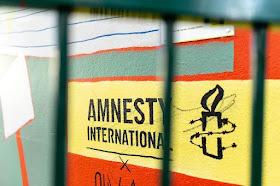The second-biggest loser of the 2024 election is Sen. Chuck Schumer (D-NY), who is being demoted from the powerful Majority Leader of the U.S. Senate to the largely powerless Minority Leader.
Schumer’s demotion to the minority status — which is shared by the other 46 Democrats — was smoothed by his support for President Joe Biden’s maximum-migration policy.
That Schumer-backed policy imported roughly nine million southern migrants — ensuring the defeat of Vice President Kamala Harris and the loss of three Democrat-held Senate seats. That three-seat loss created a new 53-seat Republican majority in the Senate, thus forcing Schumer to hand over the gavel and return to minority status.
Moreover, this is the second time Schumer has lost the Majority Leader job because he prefers mass migration above investment in American citizens’ prosperity, productivity, and births.
In 2014, the Democrats lost five Senate seats because President Barack Obama welcomed illegal migrants and pushed for passage of the “Gang of Eight” amnesty and cheap labor bill. Schumer supported the bill, which canceled his expected promotion to Senate Majority Leader in 2015.
By 2022, Schumer had forgotten his 2014 election disaster and was back touting the mass migration directed by Biden’s pro-migration border chief, Alejandro Mayorkas:
The 2024 election was a rerun of the 2014 election, in part, because both disasters were caused by the Democrat party’s increasingly unpopular welcome for millions of migrants.
Democrat senators are blaming the Schumer-backed policy for their fall. “We destroyed ourselves on the immigration issue in ways that were entirely predictable and entirely manageable,” a Democrat senator told the Hill for a November 29 report. “That’s political malpractice. That’s not someone else’s fault. That’s not the groups pushing us around,” the senator added.










